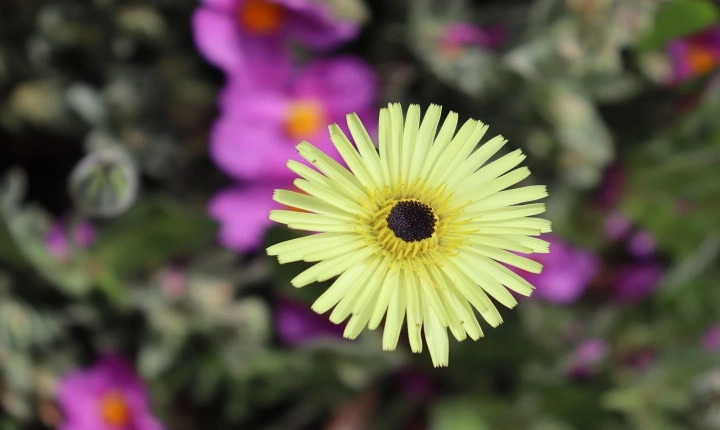Are AI-Generated Images Copyrighted?
In recent years, the use of artificial intelligence (AI) to create images has become increasingly popular. AI-generated images are created using machine learning algorithms and can range from realistic portraits to abstract designs. However, the question of whether these AI-generated images are subject to copyright protection has sparked much debate and confusion.
The concept of copyright refers to the legal protection granted to original works of authorship, including literary, artistic, and visual creations. This protection is automatic and provides the copyright holder with exclusive rights to reproduce, distribute, and make derivative works based on the original creation. In the case of traditional artworks, photographs, and illustrations, the copyright is typically held by the human creator or the entity that commissioned the work.
However, when it comes to AI-generated images, the question of copyright ownership becomes more complex. Since these images are not created by a human author in the traditional sense, it raises the fundamental question of whether they can be considered original works eligible for copyright protection.
One perspective argues that AI-generated images should be subject to copyright protection, as they are the result of a creative process driven by the underlying algorithms and training data. Proponents of this view contend that AI systems, while not sentient or conscious, can still produce original and creative outputs that should be recognized and protected by copyright law.
On the other hand, opponents of copyright protection for AI-generated images argue that since these images are not produced by human authors, they lack the necessary human creativity to qualify for copyright protection. They suggest that AI-generated images should be considered as products of a mechanical process, similar to a camera or other automated tools, and therefore should not be eligible for copyright protection.
Another legal consideration is the role of human involvement in the creation of AI-generated images. In some cases, human designers may provide input, guidance, or training data to the AI system, which raises questions about whether the resulting images can be attributed to the human contributors or deemed as joint works. This further complicates the determination of copyright ownership for AI-generated images.
To address these complex issues, some countries have considered updating their copyright laws to explicitly address the status of AI-generated works. For instance, the European Union’s Copyright Directive includes provisions recognizing AI-generated works as protectable by copyright, provided that they are the result of a creative process. However, the implementation and interpretation of these laws can vary across jurisdictions, adding further complexity to the issue.
Ultimately, the question of whether AI-generated images are copyrighted remains a topic of ongoing discussion and legal interpretation. As the use of AI in creative processes continues to evolve, it is likely that copyright laws will continue to adapt to accommodate these new forms of creative expression. In the meantime, creators, users, and legal experts may need to navigate the complexities of copyright ownership in the context of AI-generated works on a case-by-case basis.
